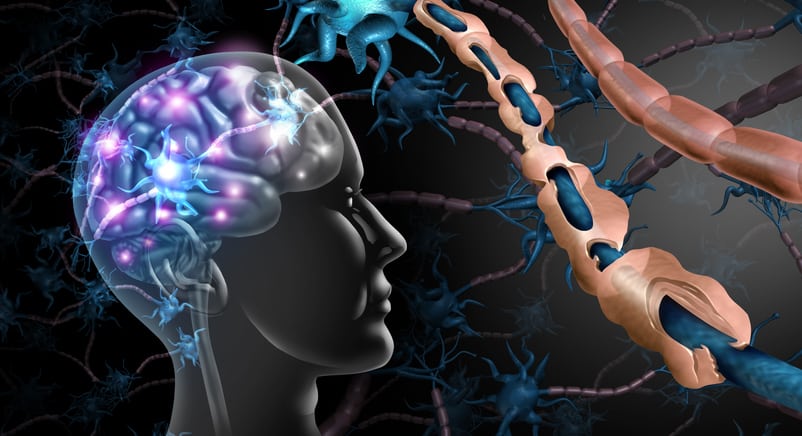To examine the impact of educational materials for chronic overlapping pain conditions (COPCs), the feasibility of delivering materials online, and to explore its impact on self-reported self-management applications at 3-month follow-up.
Prospective cohort study.
Online.
Individuals from a university-wide active research repository with ≥1 coded diagnostic COPC by ICD-9/10 in the medical record.
We determined the number of COPCs per participant as indicated by diagnostic codes in the medical record. Consenting participants completed self-report questionnaires and read educational materials. We assessed content awareness and knowledge pre- and post-exposure to education. Comprehension was assessed via embedded questions in reading materials in real time. Participants then completed assessments regarding concept retention, self-management engagement, and pain-related symptoms at 3-months.
N = 216 individuals enrolled, with 181 (84%) completing both timepoints. Results indicated that participants understood materials. Knowledge and understanding of COPCs increased significantly after education and was retained at 3-months. Patient characteristics suggested the number of diagnosed COPCs was inversely related to age. Symptoms or self-management application did not change significantly over the 3-month period.
The educational materials facilitated teaching of key pain concepts in self-management programs, which translated easily into an electronic format. Education alone may not elicit self-management engagement or symptom reduction in this population; however, conclusions are limited by the study’s uncontrolled design. Education is likely an important and meaningful first step in comprehensive COPC self-management.
© The Author(s) 2021. Published by Oxford University Press on behalf of the American Academy of Pain Medicine. All rights reserved. For permissions, please e-mail: journals.permissions@oup.com.
Electronic Delivery of Pain Education for Chronic Overlapping Pain Conditions: A Prospective Cohort Study.


